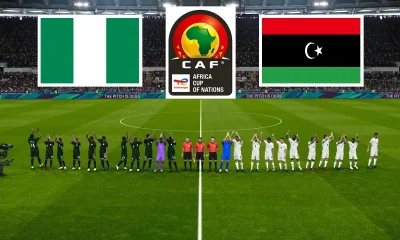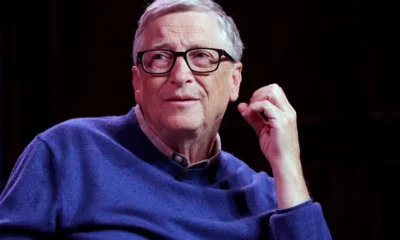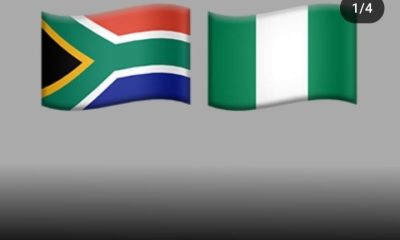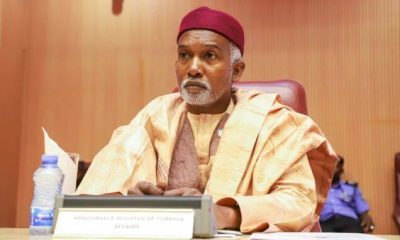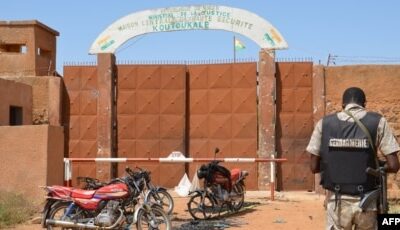Health
How Nigeria Can Handle COVID-19 Delta Variant — WHO

The World Health Organization (WHO), has asked Nigeria to double down on the COVID-19 prevention measures and build on the fragile gains achieved to prevent the widespread of the more contagious COVID-19 Delta variant.
The WHO country Representative, Dr Walter Kazadi Mulombo, during a press briefing on Tuesday, in Abuja also noted that the preventive measures are important given that less than two per cent of the total population had been fully vaccinated.
Mulombo added that Nigerians must be mindful of discontinuing public health and social measures such as maintaining physical distance, avoiding crowded places and always observing hand hygiene.
“Relaxing them too early could see us losing some of the gains that vaccines have enabled us to make,” he said.
To boost the uptake of vaccines, government, traditional and religious institutions as well as community influencers need to scale up operations, investments on operational costs and step up sensitization efforts to address vaccine hesitancy, Mulombo added.
He noted that as Nigeria anticipates use of multiple vaccine types, it was important to draw up strategies that would ensure vaccine doses were efficiently administered, with rollout plans aiming for a high uptake in priority population groups and providing equitable access to achieve significant vaccination coverage.
Mulombo added that countries deploying multiple vaccines like Nigeria had provided useful lessons as to how to administer them by rolling out vaccines with a shorter shelf life first.
“Rollout Pfizer/Moderna in capital city where there is ultra-cold chain storage and other vaccines that can last longer in fridges, in districts, collaborate with private sector to enhance rollout.
“Use Janssen/Johnson & Johnson (one doses) for hard-to-reach populations in districts and two-dose vaccines in fixed sites in the centre,” he stated of the other lessons learnt from such countries.
He reminded the media of their responsibility, saying that they still had a huge social responsibility to the COVID-19 pandemic response in the country.
“Reporting public health issues translates into your surveillance function in the society. With society still grappling with conspiracy theories and infodemics, the credible information that you provide will enhance knowledge and understanding.
“It will, undoubtedly give individuals the power and confidence to engage as partners with their health service providers when not clear about vaccine safety or efficacy,” Mulombo said.
He stated that the WHO would continue to support the Nigerian government to implement measures that would maximize the impact of the second phase of COVID-19 vaccination, including simplifying the rollout at local levels as well as minimizing wastage.
The latest data available for WHO Africa Region showed that weekly COVID-19 deaths in Africa reached a record peak in the week of Aug. 1, marking the highest seven-day toll since the onset of the pandemic on the continent.
Africa is presently in the throes of its third wave, recording more cases than any earlier peak, according to WHO.
Send Us A Press Statement Advertise With Us Contact Us
And For More Nigerian News Visit GWG.NG



